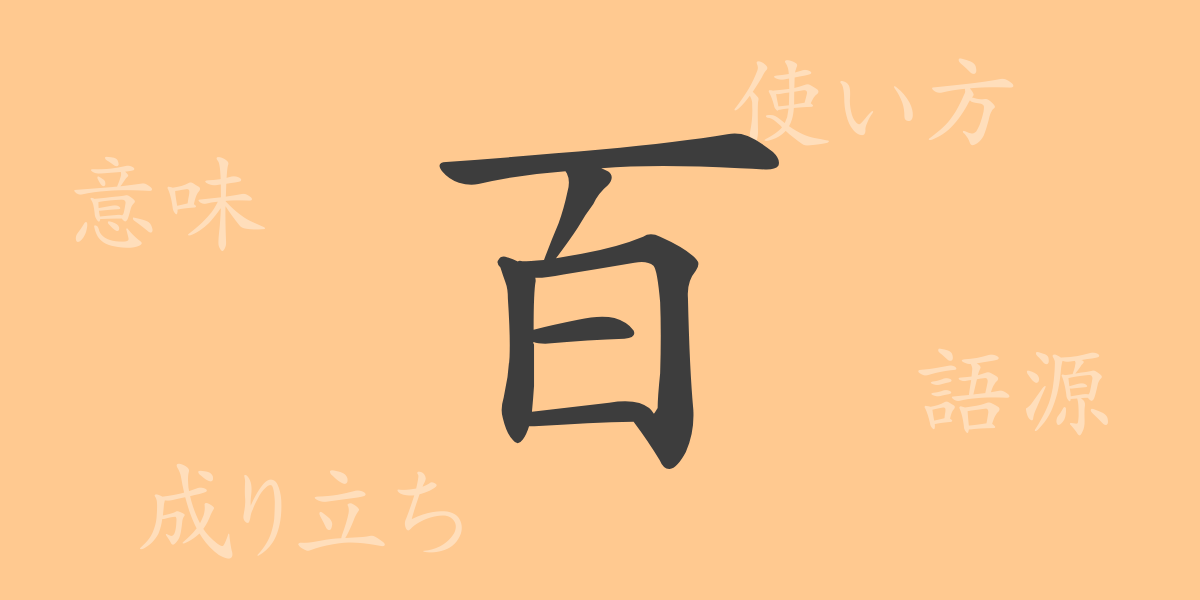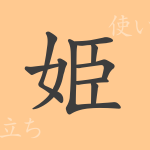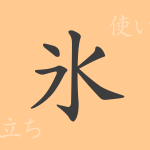The number “百” (hyaku) in Japanese does not merely indicate a numerical value. The history, meaning, and cultural significance embedded in this single kanji character are deeply rooted in the daily lives and language of the Japanese people. In this article, we will explore the fascinating world of “百” (hyaku) from its origins and diverse uses to the enriching idioms and proverbs that incorporate this character.
The Origin of 百 (hyaku)
The kanji “百” (hyaku) originally represented ten times ten, with the shape depicting two tens stacked vertically in ancient China. This form evolved into the current character “百” (hyaku). Its etymology traces back to ancient Chinese counting units and was introduced to Japan along with kanji. In Japan, it has long been used both as a numerical concept and metaphorically.
The Meaning and Usage of 百 (hyaku)
While “百” (hyaku) fundamentally means the number 100, it is also used metaphorically to signify “many” or “a lot.” For instance, in the expression “百聞は一見に如かず” (hyakubun wa ikken ni shikazu), it conveys the idea of something being countless or innumerable.
The Reading, Stroke Count, and Radical of 百 (hyaku)
The kanji “百” (hyaku) has various aspects:
- Reading: On’yomi (音読み) is “ヒャク” (hyaku); there is no Kun’yomi (訓読み)
- Stroke count: Total of 6 strokes
- Radical: The radical is 白部 (shirohen)
Idioms, Expressions, and Proverbs Using 百 (hyaku) and Their Meanings
There are numerous idioms, expressions, and proverbs in Japanese that include “百” (hyaku). For example, “百聞は一見に如かず” (hyakubun wa ikken ni shikazu) means “seeing once is worth more than hearing a hundred times,” emphasizing the value of experience. “百戦錬磨” (hyakusen renma) refers to someone who is highly experienced and skilled, while “百折不撓” (hyakusetsu futou) describes an indomitable spirit that does not waver despite repeated failures.
Summary of 百 (hyaku)
As illustrated, the kanji “百” (hyaku) transcends its function as a numerical unit, adding depth and color to Japanese expressions. From its role as a unit of measurement to its metaphorical use signifying countless or many, and extending to various idioms and proverbs, its range of usage is vast. One can truly appreciate the symbolic significance and the profound nuances that “百” (hyaku) brings to the Japanese language and culture.

























